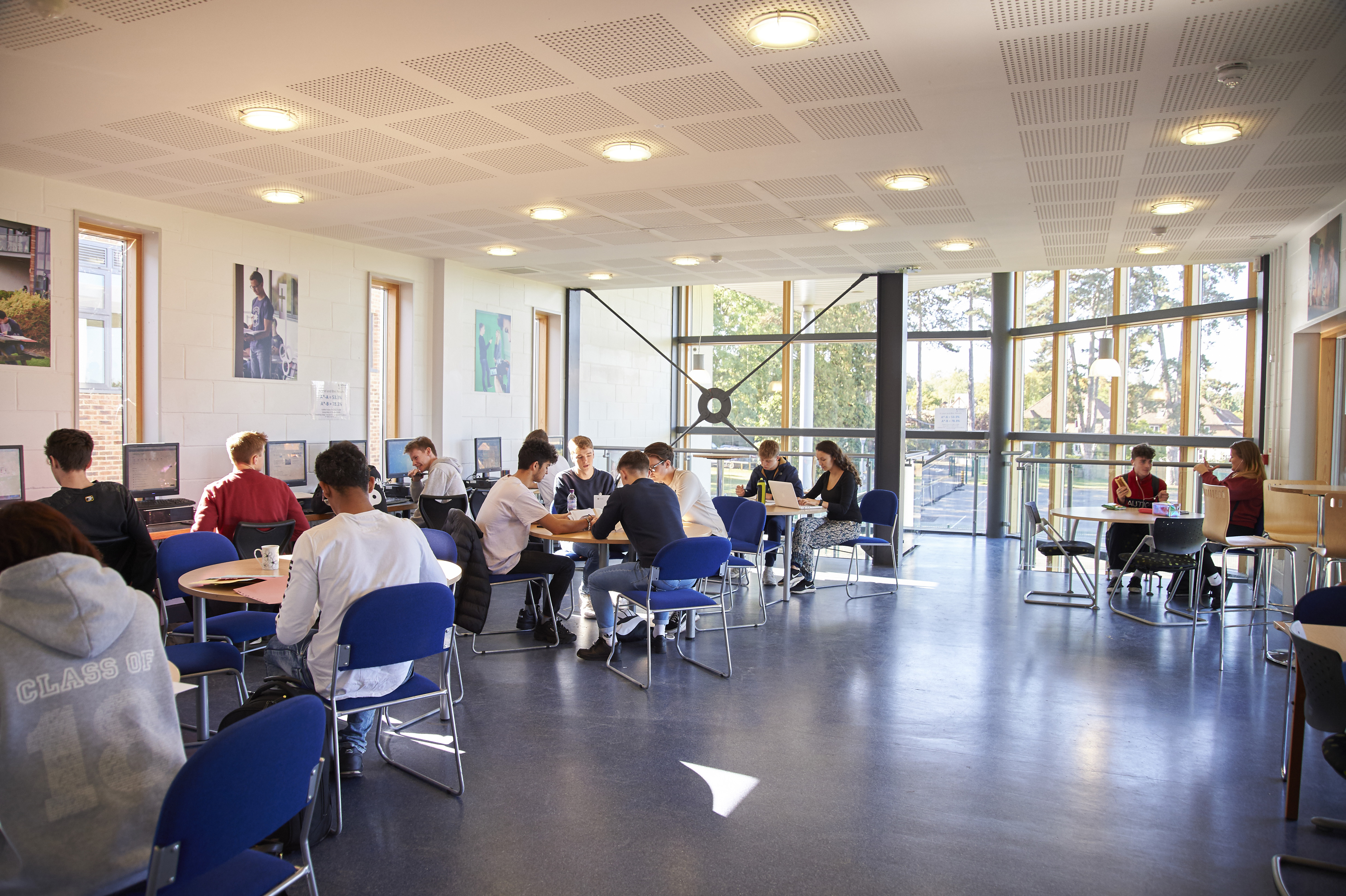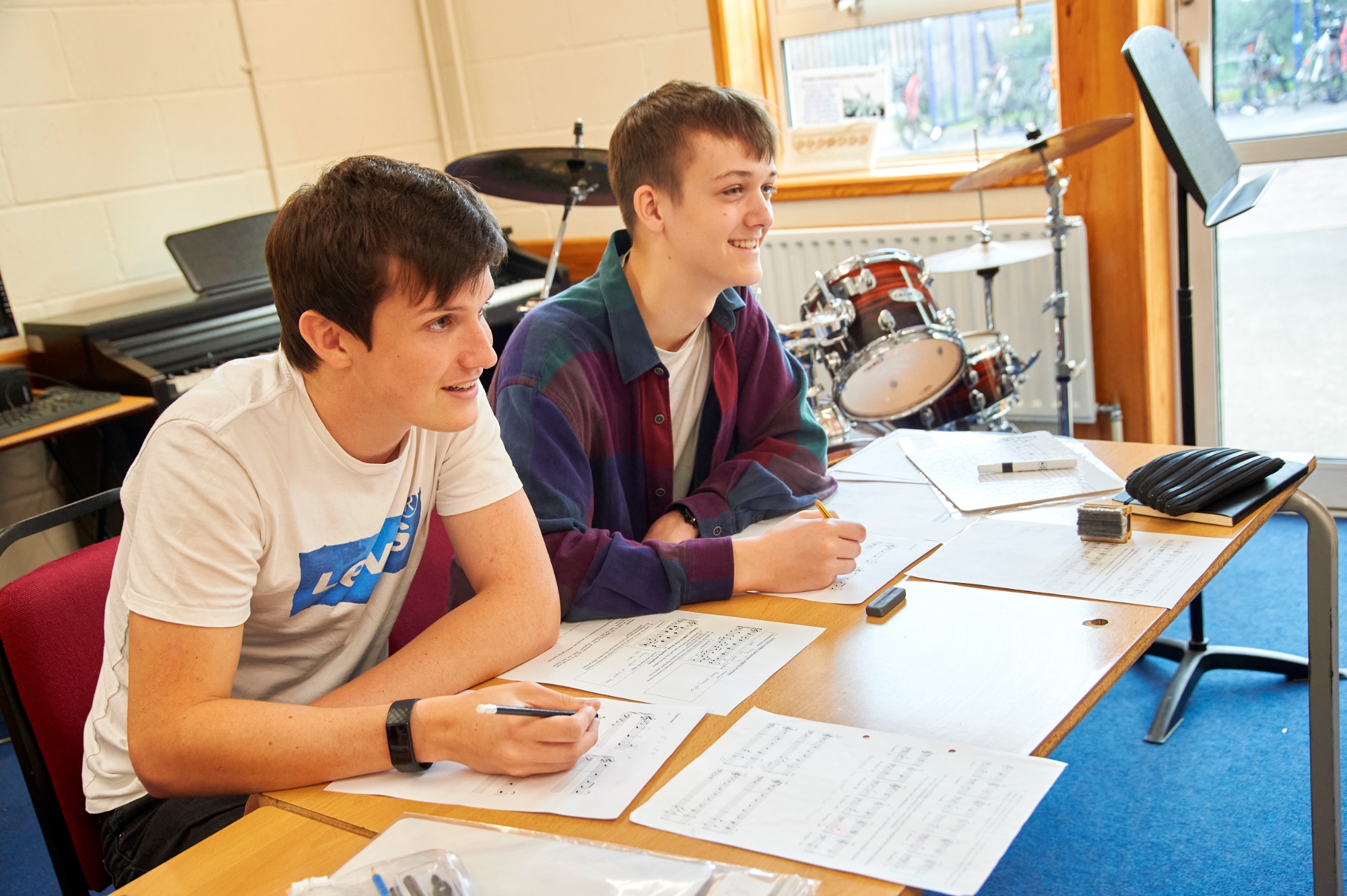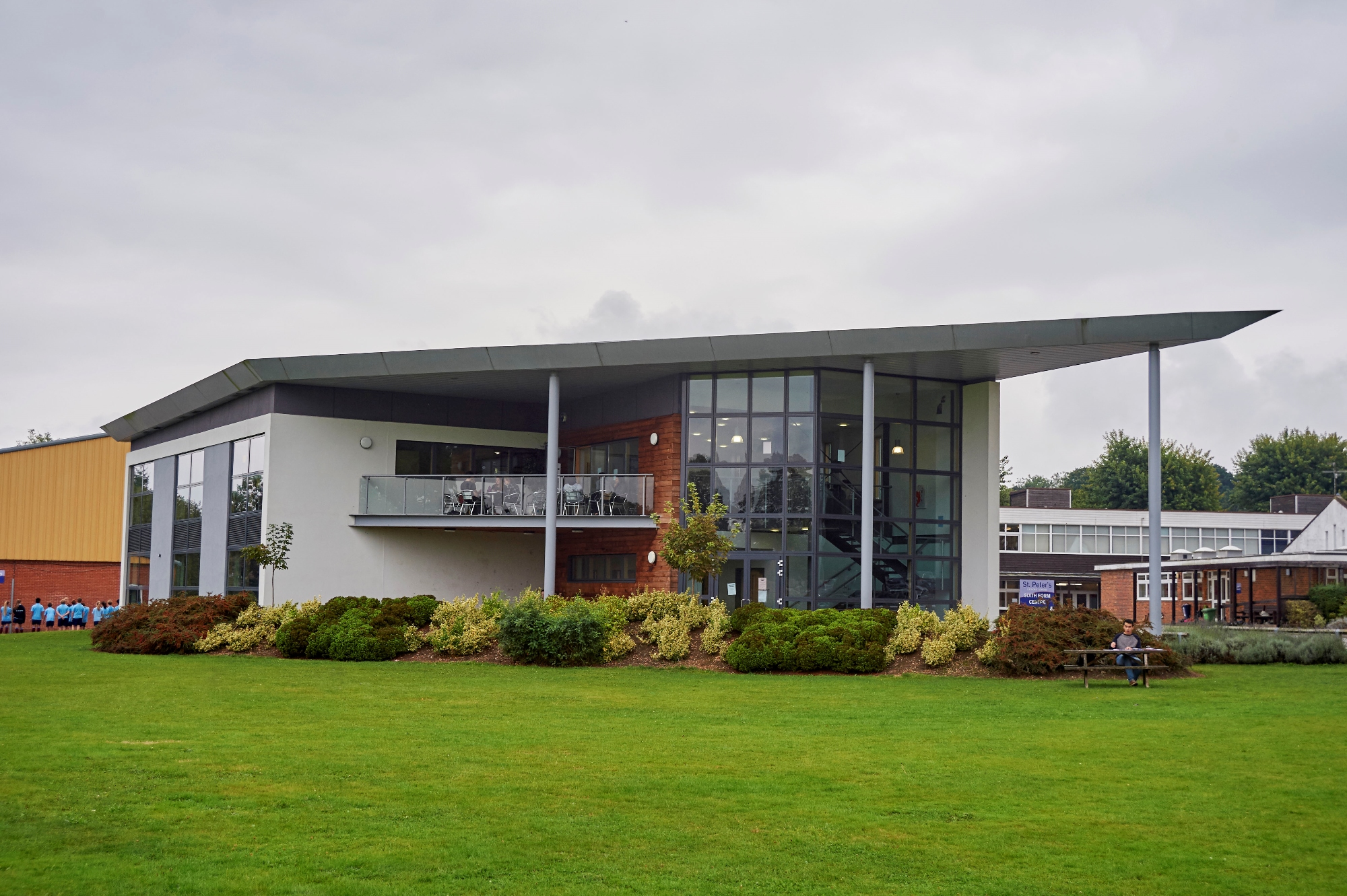Economics
 Mrs C Thomas
Mrs C Thomas
Head of Department and BTEC Quality Nominee
THE TEAM
| Mr M Ebenezer | Teacher of Economics and Business |
| Mrs C Nwana | Head of Economics and Teacher of Business |
| Mr C Venter | Teacher of Economics and Business |
WHY STUDY ECONOMICS?
Economics provides you with the knowledge and insight necessary to understand the impact of developments in business, society and the world economy. It also enables you to understand the decisions of households, firms and governments. Economics offers a way of thinking about the world that enables us to make the best of what we have. As it is a social science, Economics is closely related to other subjects such as Sociology, History, Business Studies, Geography and Politics.
FUTURE ACADEMIC AND CAREER PATHWAYS
Studying Economics opens the door to many fields, as illustrated by the many courses that past Economics students have gone on to study at university including business economics, international relations and politics, accounting and finance, marketing management, fashion buying and merchandising, business management, law with business studies and international hospitality management.
COURSE CONTENT
Students will be studying the Edexcel syllabus.
A wide range of economic topics will be studied. These are split into four themes covered over the two year course. They include aspects such as an introduction to markets and market failure, the UK Economy – performance and policies, business behaviour and the labour market. The final theme, a global perspective, focuses on macroeconomic concepts such as international economics, poverty and inequality, emerging and developing economies and the financial sector.
Year 12
Microeconomics - Introduction to markets and market failure
- nature of economics
- how markets work
- market failure
- government intervention.
Macroeconomics - The UK economy – performance and policies
- measures of economic performance
- aggregate demand
- aggregate supply
- national income
- economic growth
- macroeconomic objectives and policy.
Year 13
Microeconomics - Business behaviour and the labour market
- business growth
- business objectives
- revenues, costs and profits
- market structures
- labour market
- government intervention.
Macroeconomics – A global perspective
- international economics
- poverty and inequality
- emerging and developing economies
- the financial sector
- role of the state in the macroeconomy.
ASSESSMENT
Paper 1: Markets and business behaviour 35%
Paper 2: The national and global economy 35%
Paper 3: Microeconomics and macroeconomics 30%
EXTRACURRICULAR OPPORTUNITIES
• Economic Inter school debate
COURSE REQUIREMENTS
Minimum of grade 6 in GCSE Mathematics and grade 5 in GCSE English Literature or English Language.
















